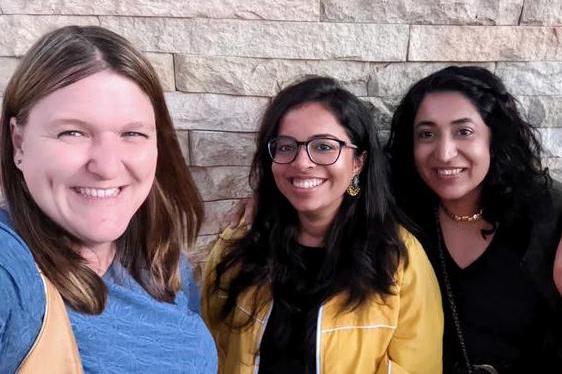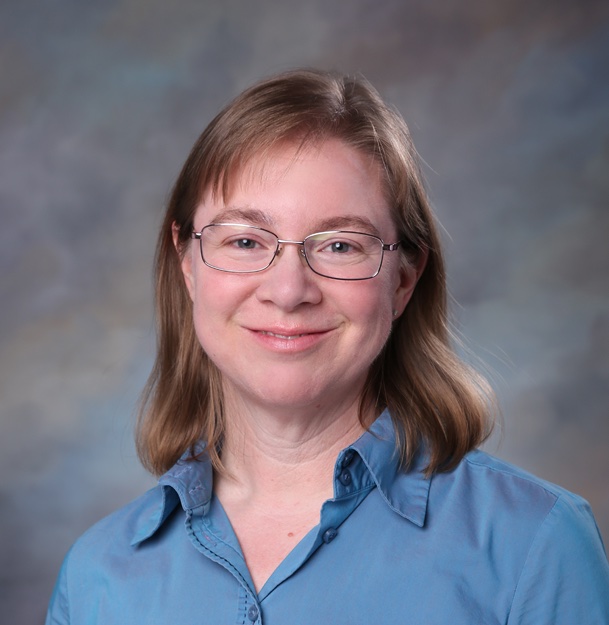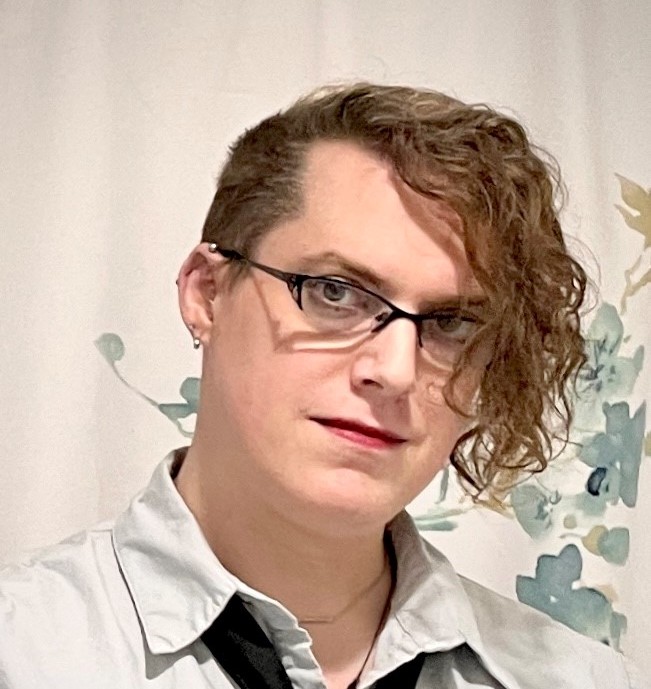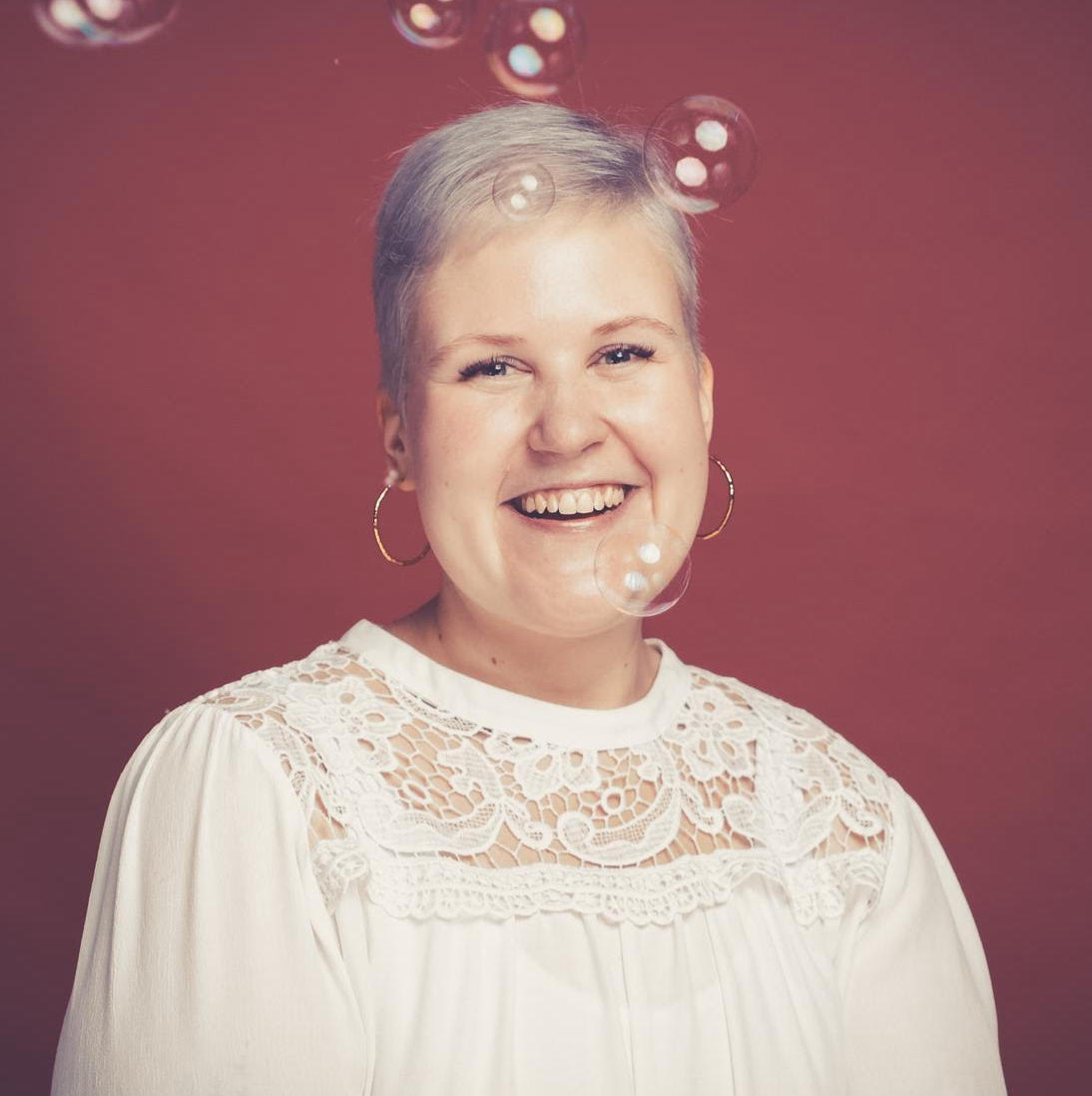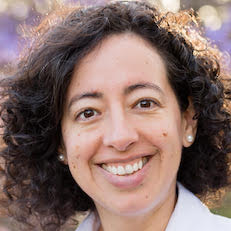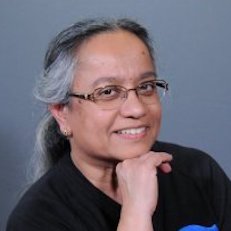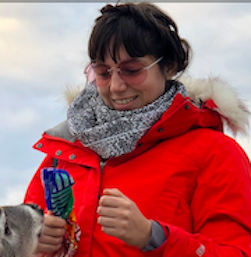The Women in Compilers and Tools Meetup Series
The LLVM Women in Compilers and Tools Meetup Series is a free virtual event started on April 22nd 2021. It is a platform where all women (trans, non-binary, and cis) in various stages in their career, speak openly, discuss, and network with others. This series will feature talks, tutorials, mentoring events and regularly highlights individuals for their contributions to the compiler, programming languages, and tools field and offers continued discussions concluding each event.
This series is organized by The Women in Compilers and Tools (WiCT) working group. This working group is composed of volunteers in the LLVM community and supported by the LLVM Foundation. To learn more about the working group, check out this LLVM blog post!


